Charting a sustainable path
How the world’s first MSC certified octopus fishery earned its spurs…
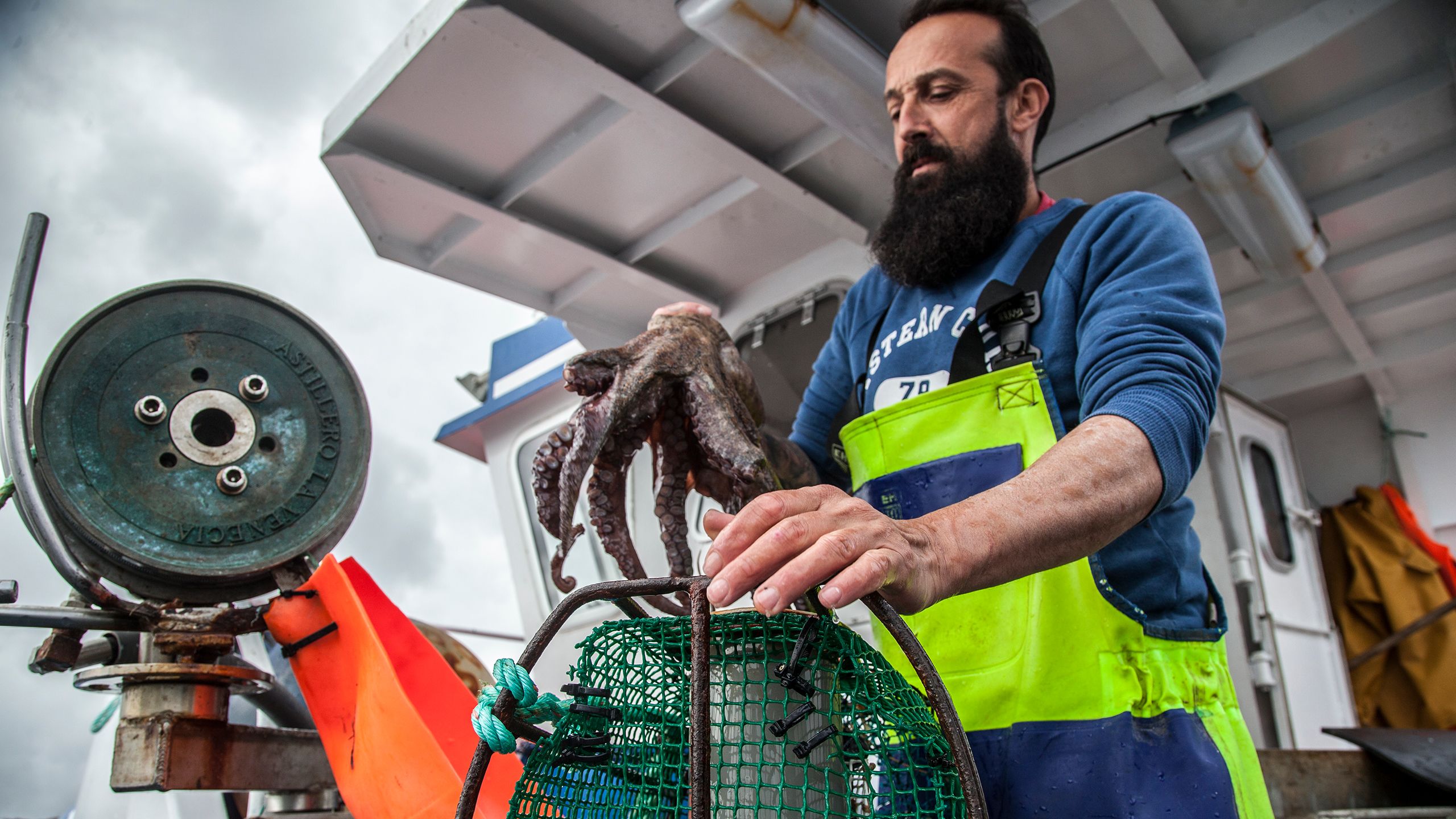
At first glance, it appeared that Félix López Rua had snaffled an alien. With its bulbous head and large eyes, the otherworldly being he'd caught and hauled aboard his small boat looked stranger than fiction.
Appearances can be deceptive. This wasn’t an extraterrestrial being, or a sea monster of yore, but something altogether more remarkable: the common octopus.
Defying conventional description, these mysterious sea dwellers remain an object of intense fascination for many. Octopuses taste not with their mouths, but with suckers which adorn eight tentacles; and with three hearts pumping blue blood around a boneless body, they have mastered ‘invisibility’ and jet propulsion along the way too.
For Felix, a fisher from Asturias, northwestern Spain, the soft-bodied mollusc represents something altogether more significant – his livelihood. “It’s my life and it’s my income for almost half a year,” he declares. “It sustains me and my family.”
Wedged between Galicia and Cantabria on the little-known ‘Green Coast’, this province of wild seas, deserted beaches and pastel-hued fishing villages is a far cry from the sun-baked south. In Asturias, you’re more likely to see cider than sangria and fish markets than a bullfighting feria.
It’s a place where nature is still in charge and the dramatic coastline has so far resisted attempts to develop it. In-the-know gastronomes have flocked here in the past for its undersea delights, prizing everything from crabs, sea urchins and clams, to oysters and anchovies. Octopus have been fished on these shores for centuries.
Felix, who comes from a long family of fishers, is optimistic about his future: the octopus fishery he works among in the Navia-Porcía region – the Western Asturias Octopus Traps Fishery of Artisanal Cofradias – is among the best-managed in the world.
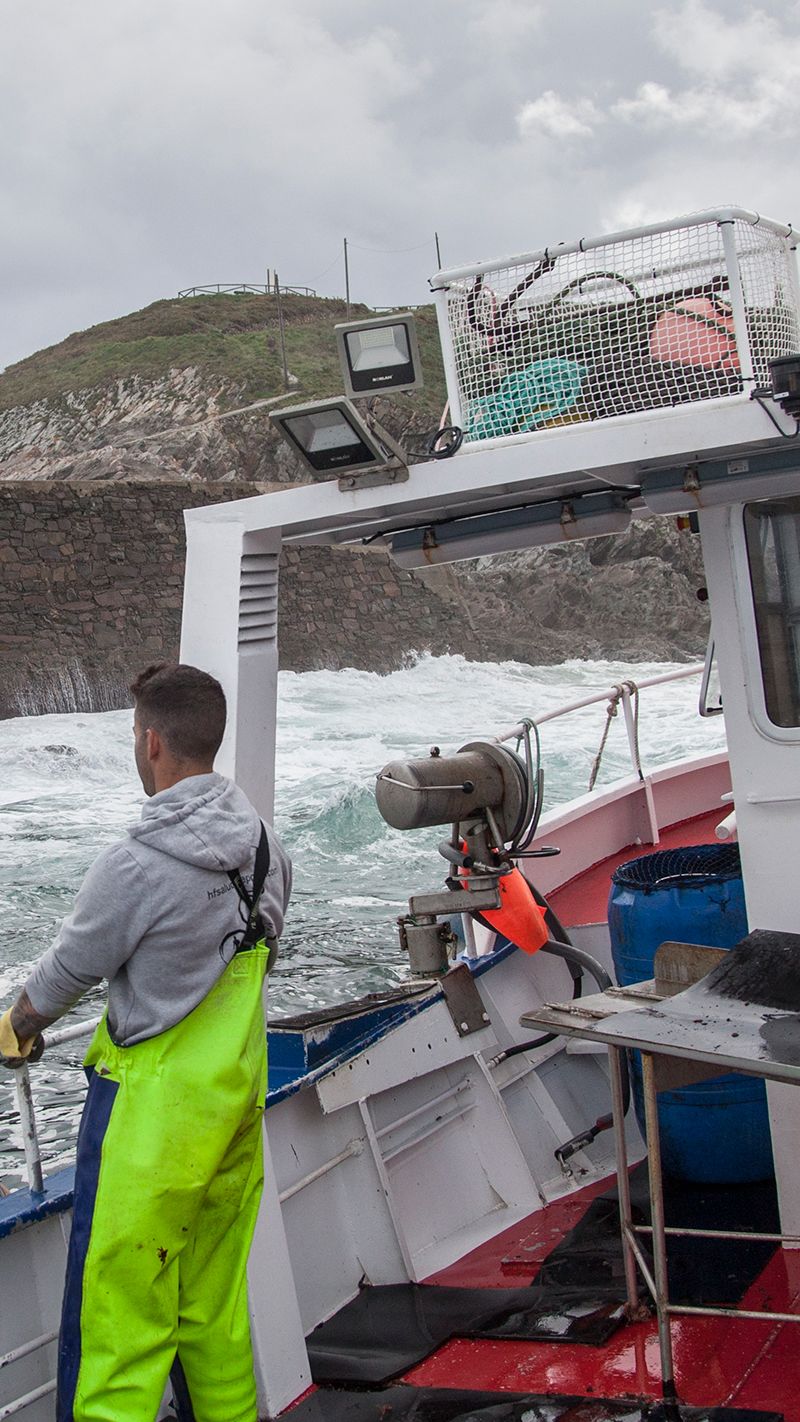
Fisherman Alejandro García aboard the Nuevo Soirana, fishing in the Viavelez area
Fisherman Alejandro García aboard the Nuevo Soirana, fishing in the Viavelez area
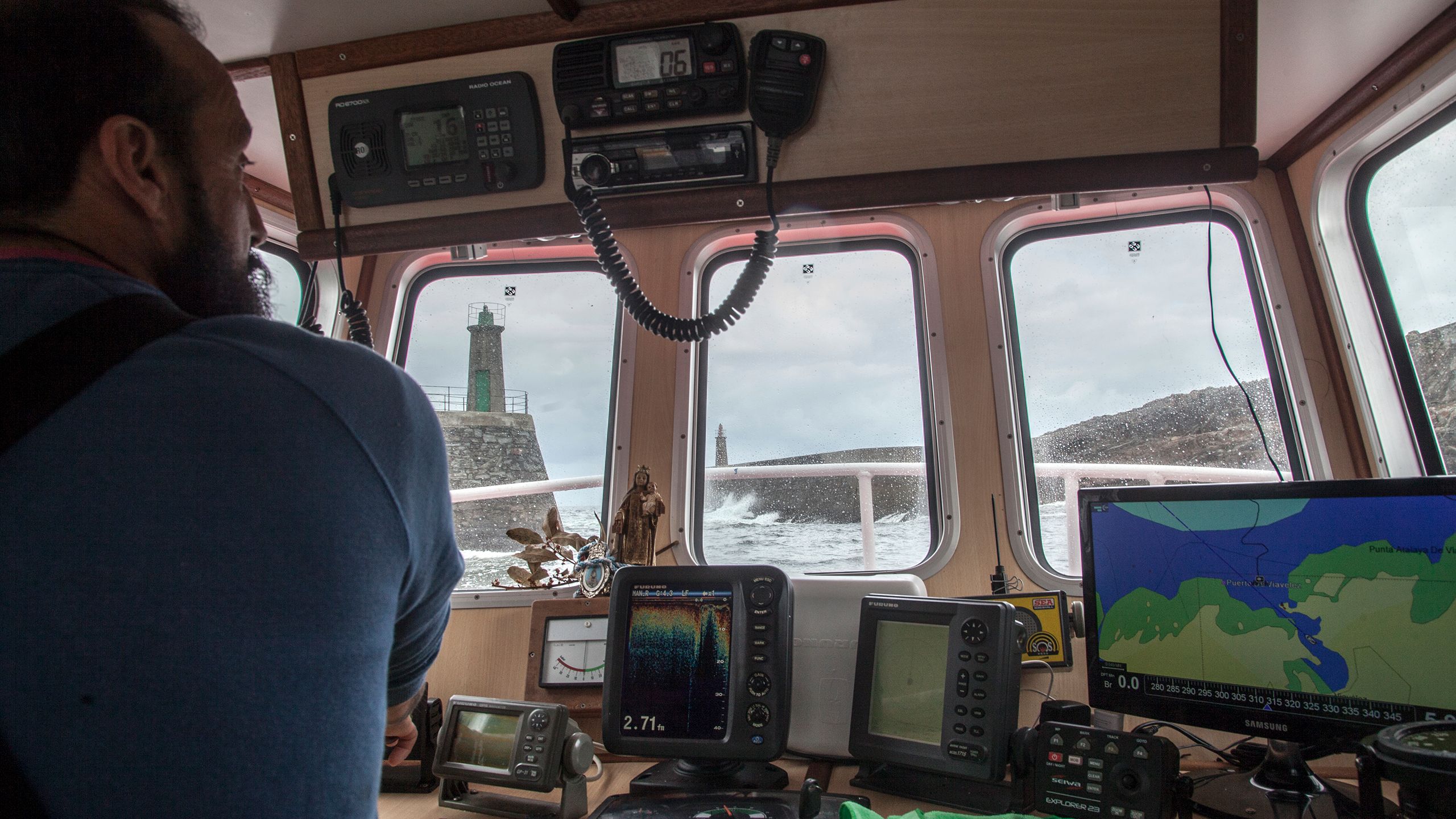
‘We earn more by fishing less’

A world first
In 2016, Western Asturias became the first in the world to be certified to MSC’s global standard as a well-managed and sustainable octopus fishery.
A team of independent assessors found that it was within scientifically set limits and had minimised the impact on wild fish populations and the ecosystems they're part of. Only seafood from MSC certified fisheries can use the blue MSC label.
Since achieving certification, the fishery has delivered a slew of economic, social and environmental benefits, including higher prices, new markets, better governance and improved stock health.
Felix’s is one of dozens of families who have fished octopus off the coast of Asturias since the 19th century. But his outlook is decidedly contemporary. “We earn more by fishing less,” he says simply. “It’s more sustainable for us and for the octopus.”
The journey to becoming the first MSC certified octopus fishery began several years earlier. The fishers, who use artisanal traps (a basket-like pot used to catch octopuses), had confidence that they were operating in a sustainable way.
In collaboration with the regional government, they’d put in place a management plan with measures to control fishing effort. The fishers established a closed season from December to July, introduced a minimum capture weight of 1kg, and limited the number of pots to 350 per boat with an overall quota to 10 tonnes per craft per year or per season.
They believed their small-scale fishery of little more than two dozen boats had a low environmental cost, but a high economic impact. The pots they used left almost no footprint on the seabed and kept discards and bycatch to a minimum.
But they also felt that they weren’t capitalising on their sustainable credentials, in particular that prices and catches were not as stable as they would have liked. The fishers wanted more involvement in decision making and governance. Crucially, they felt that there was no way for the consumer to tell them apart from other, less sustainable octopus fisheries.
The best way to resolve these issues, they reasoned, was to pursue MSC certification, and to do so together. So four of Western Asturias’s eight artisanal fishing associations (known as ‘cofradías’) joined forces to make the dream a reality.
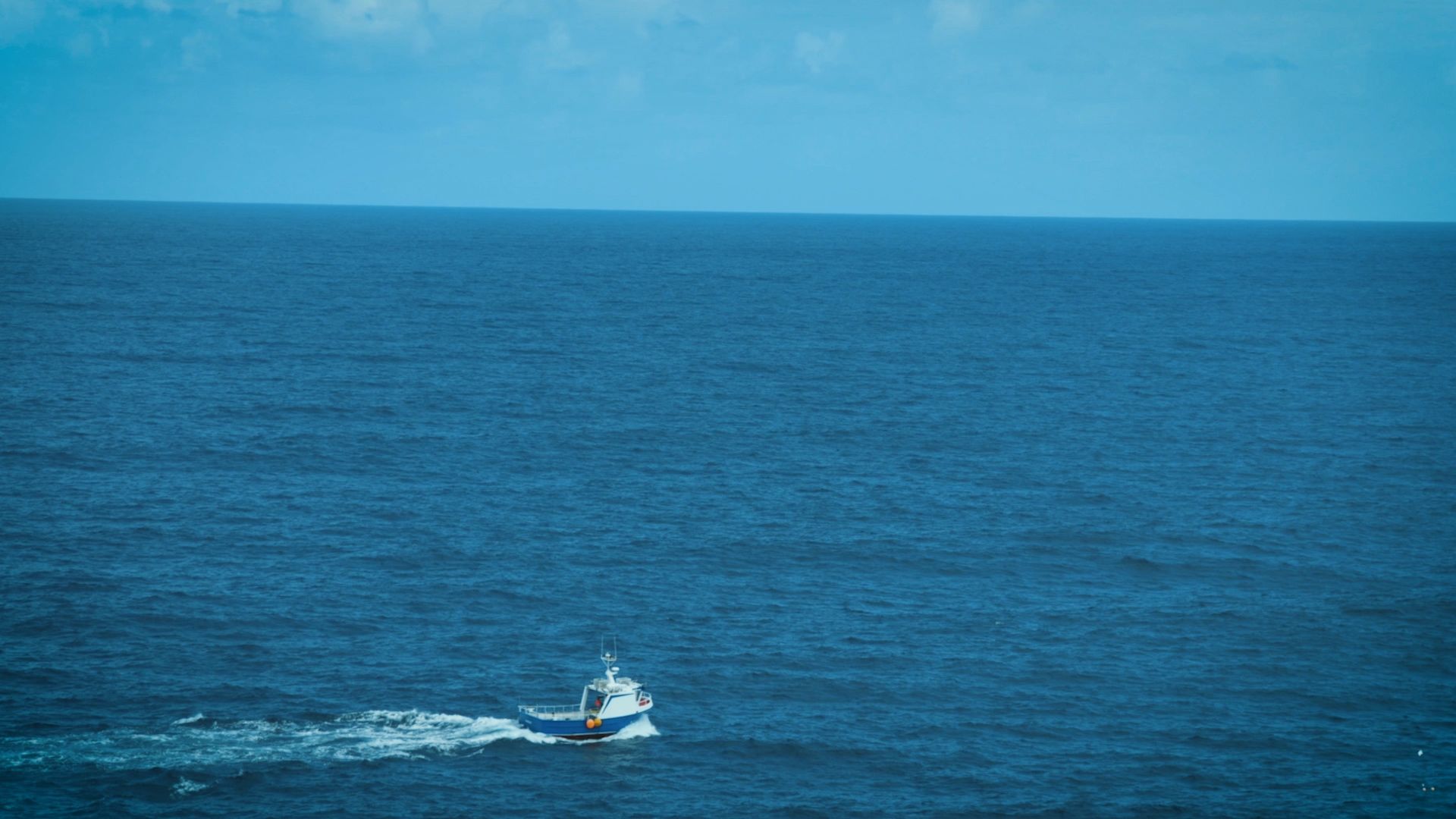
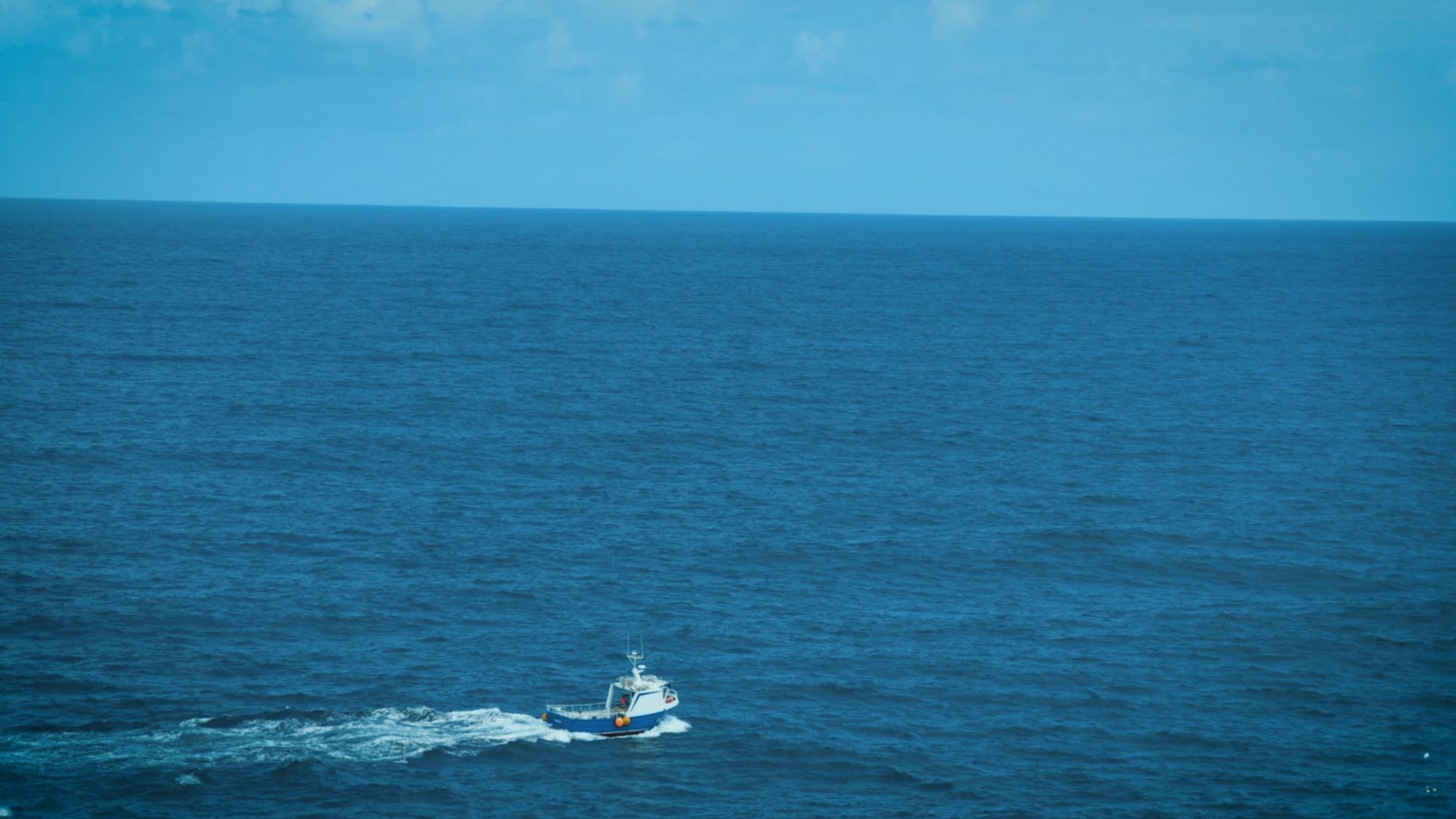
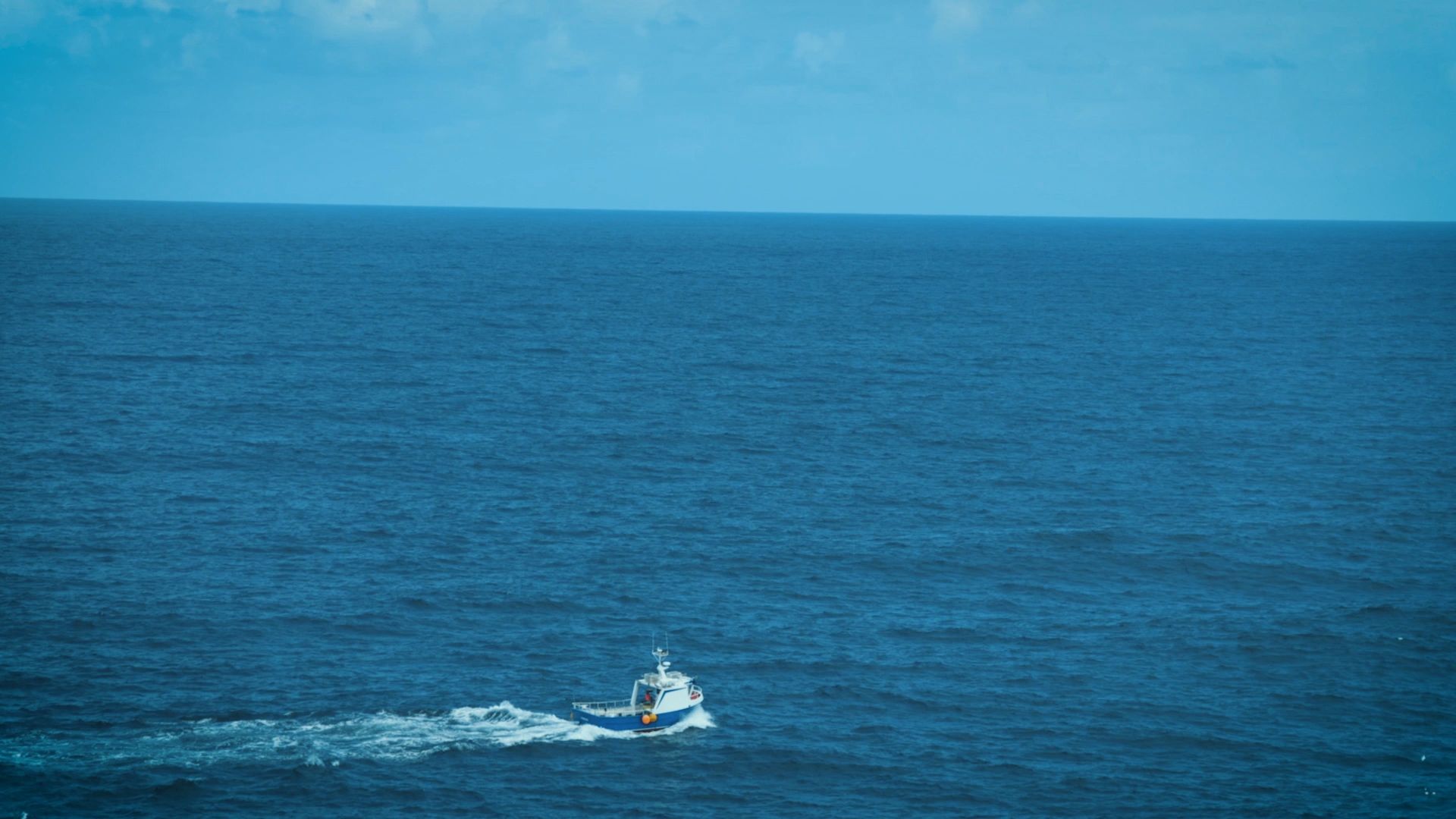
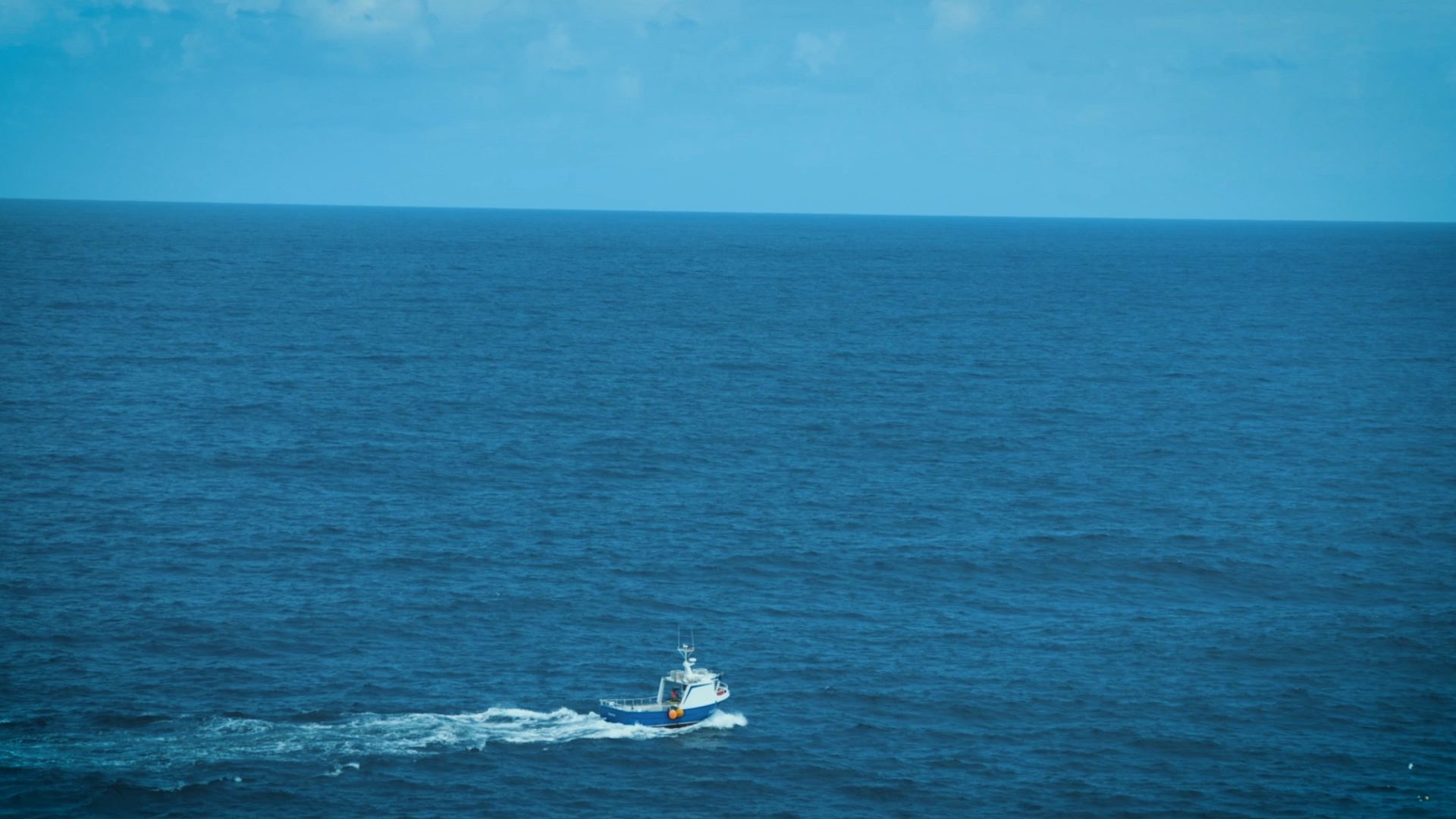
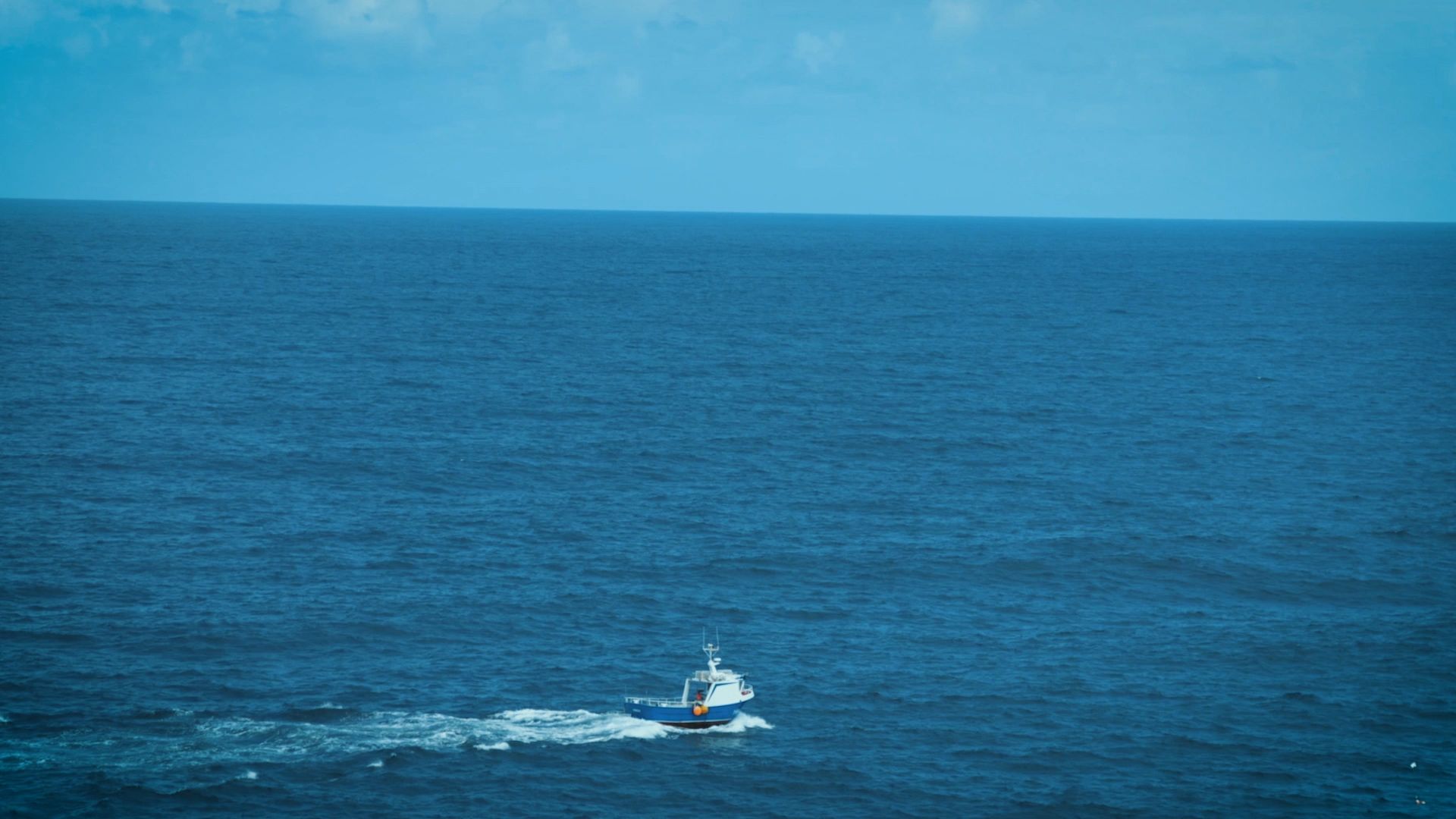
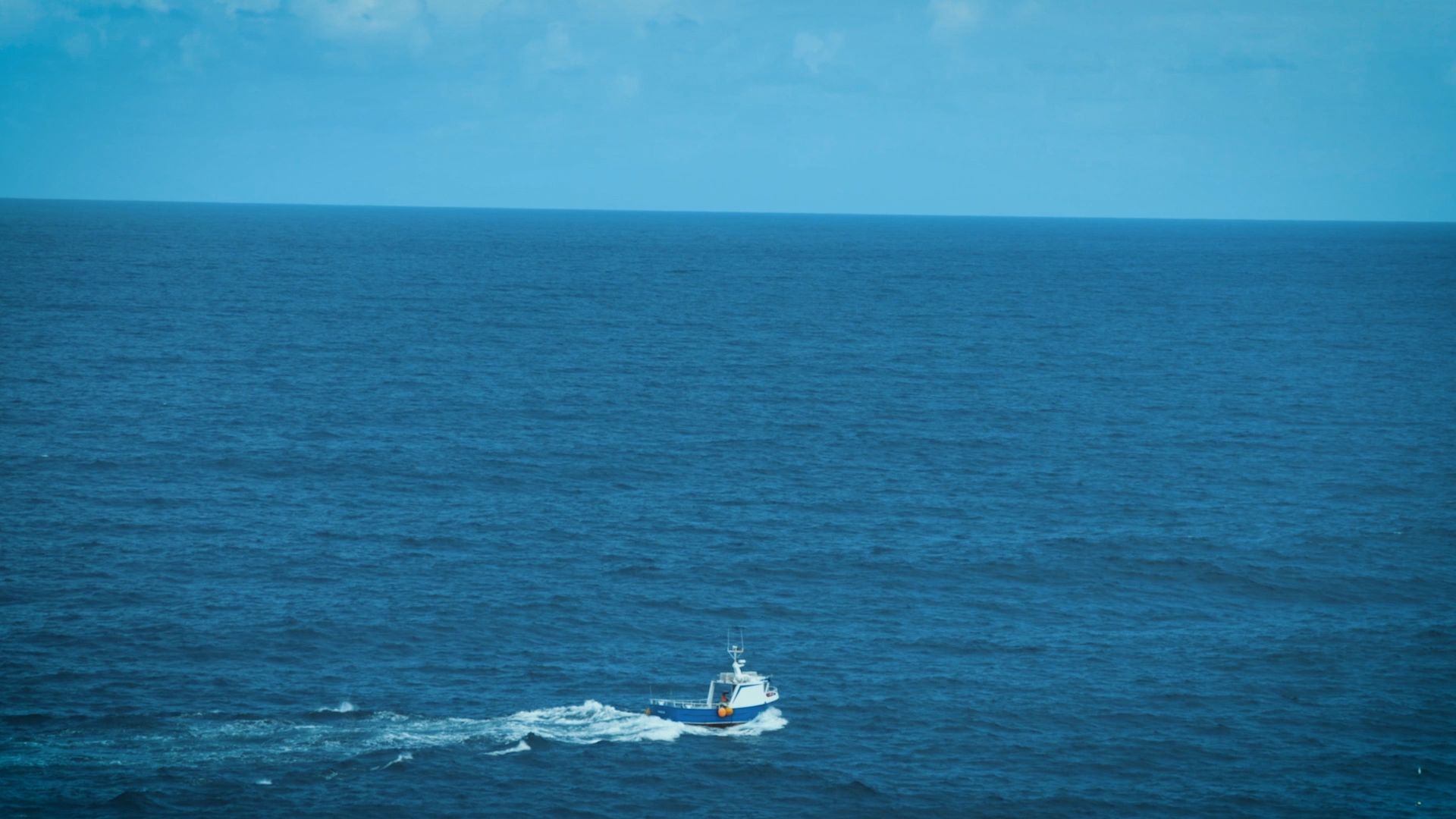
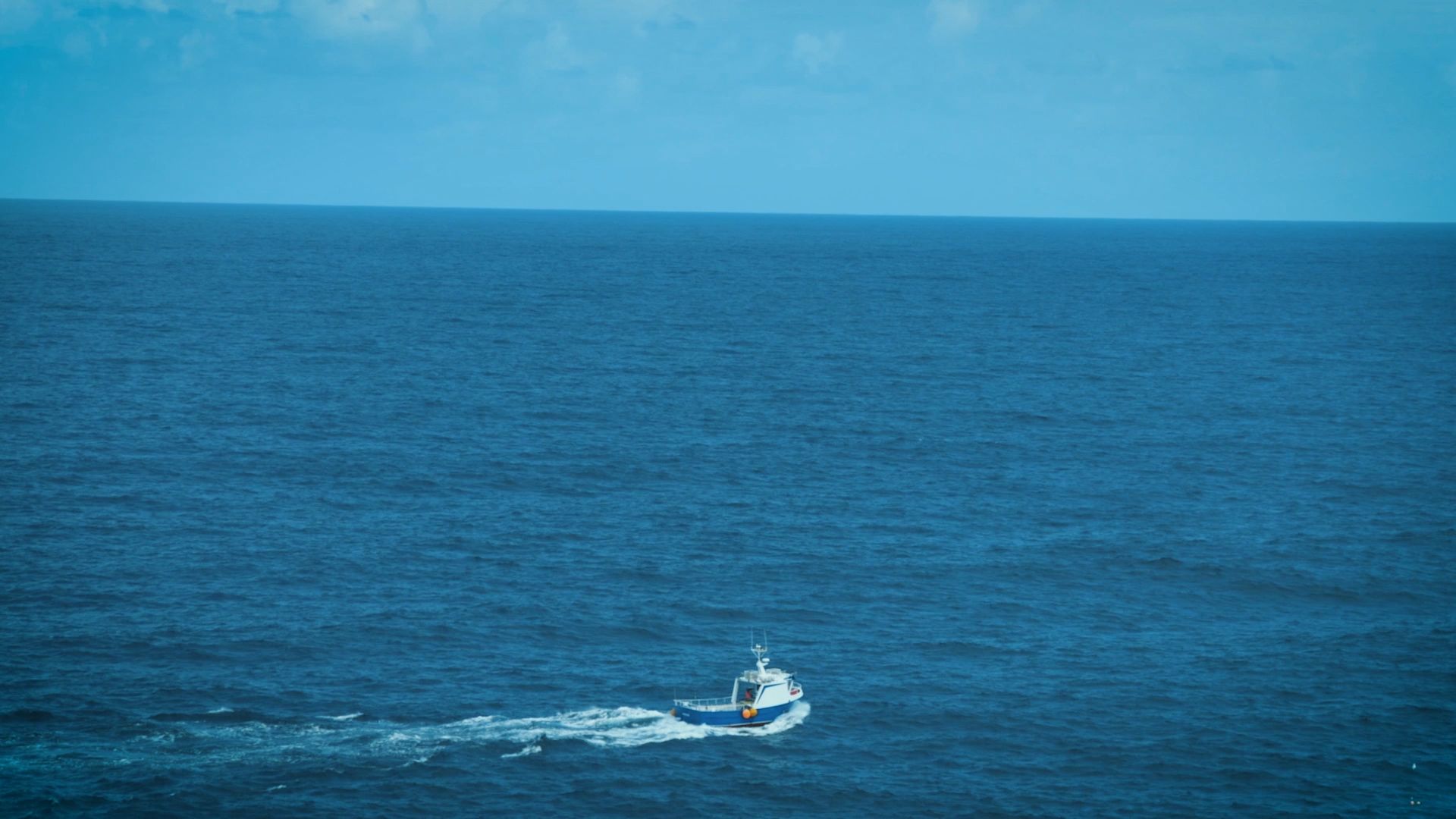
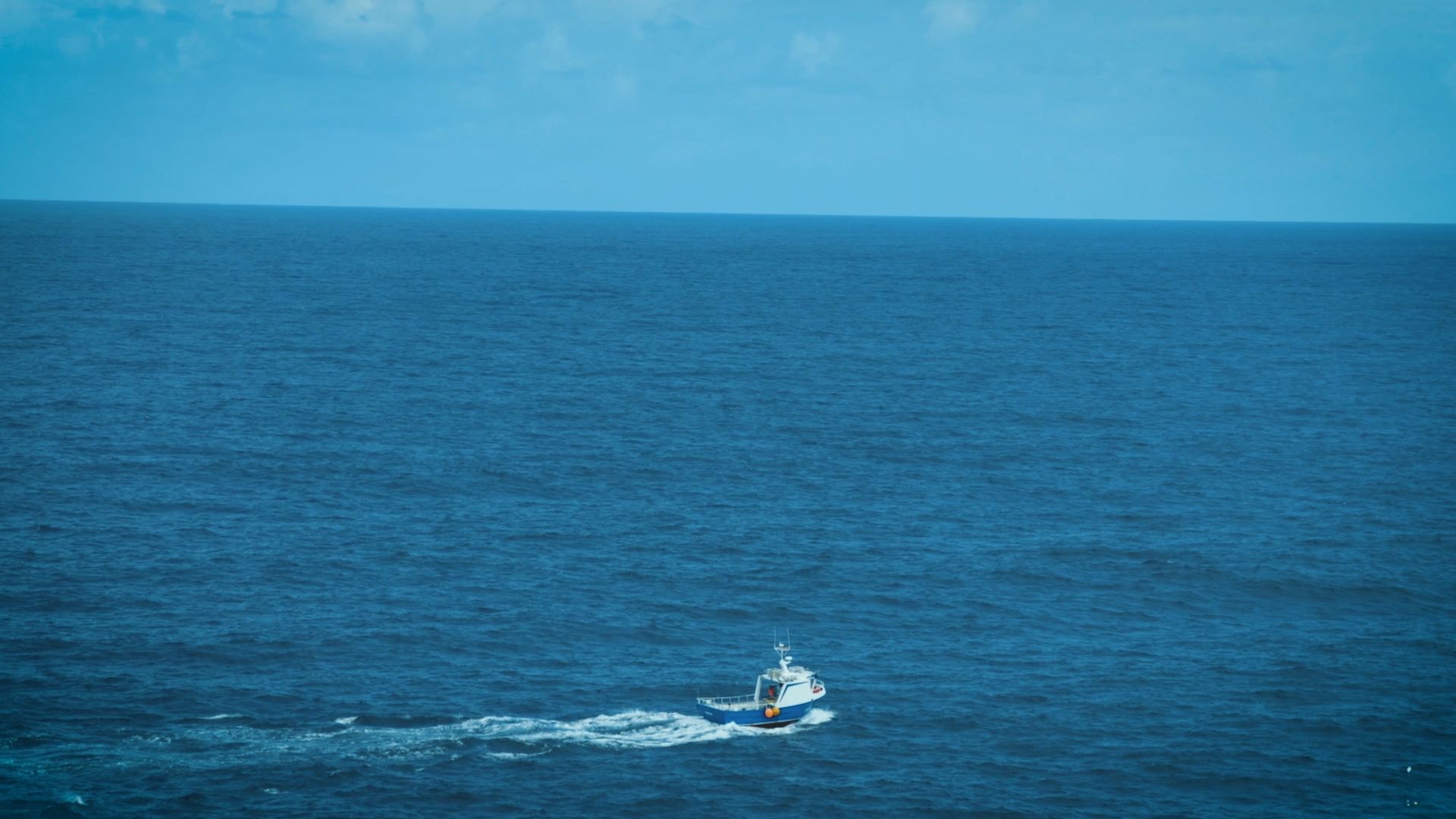
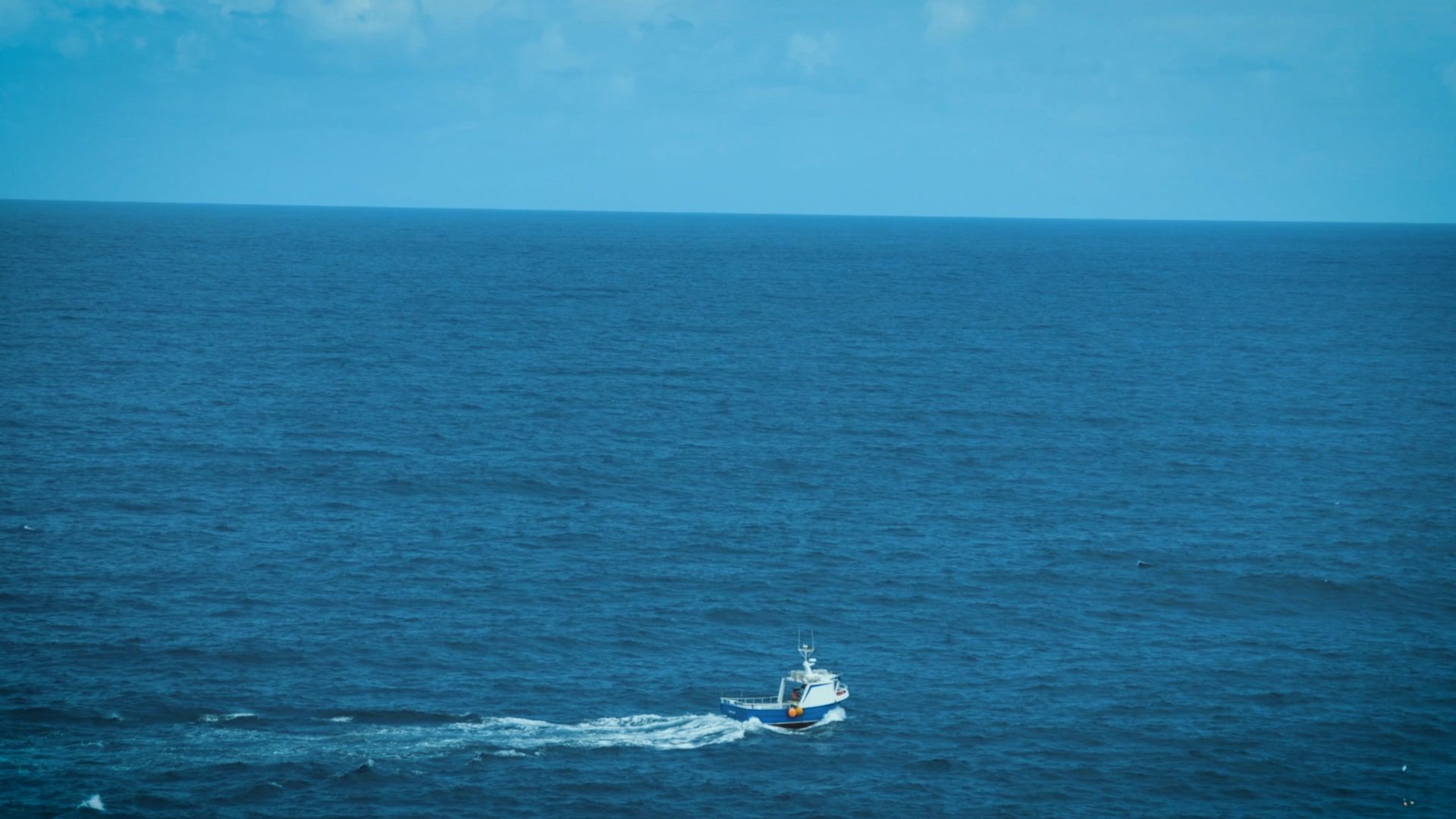
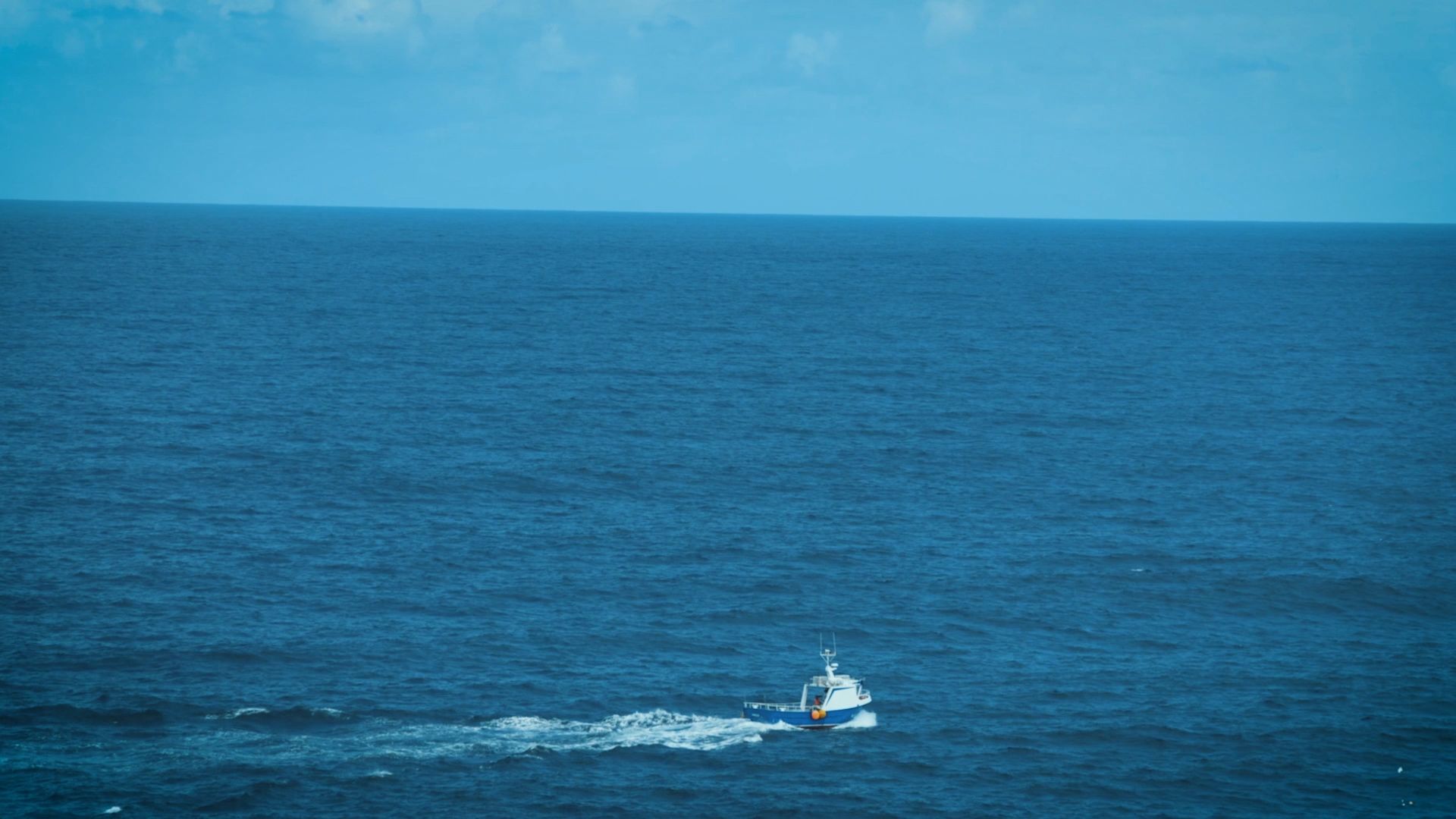
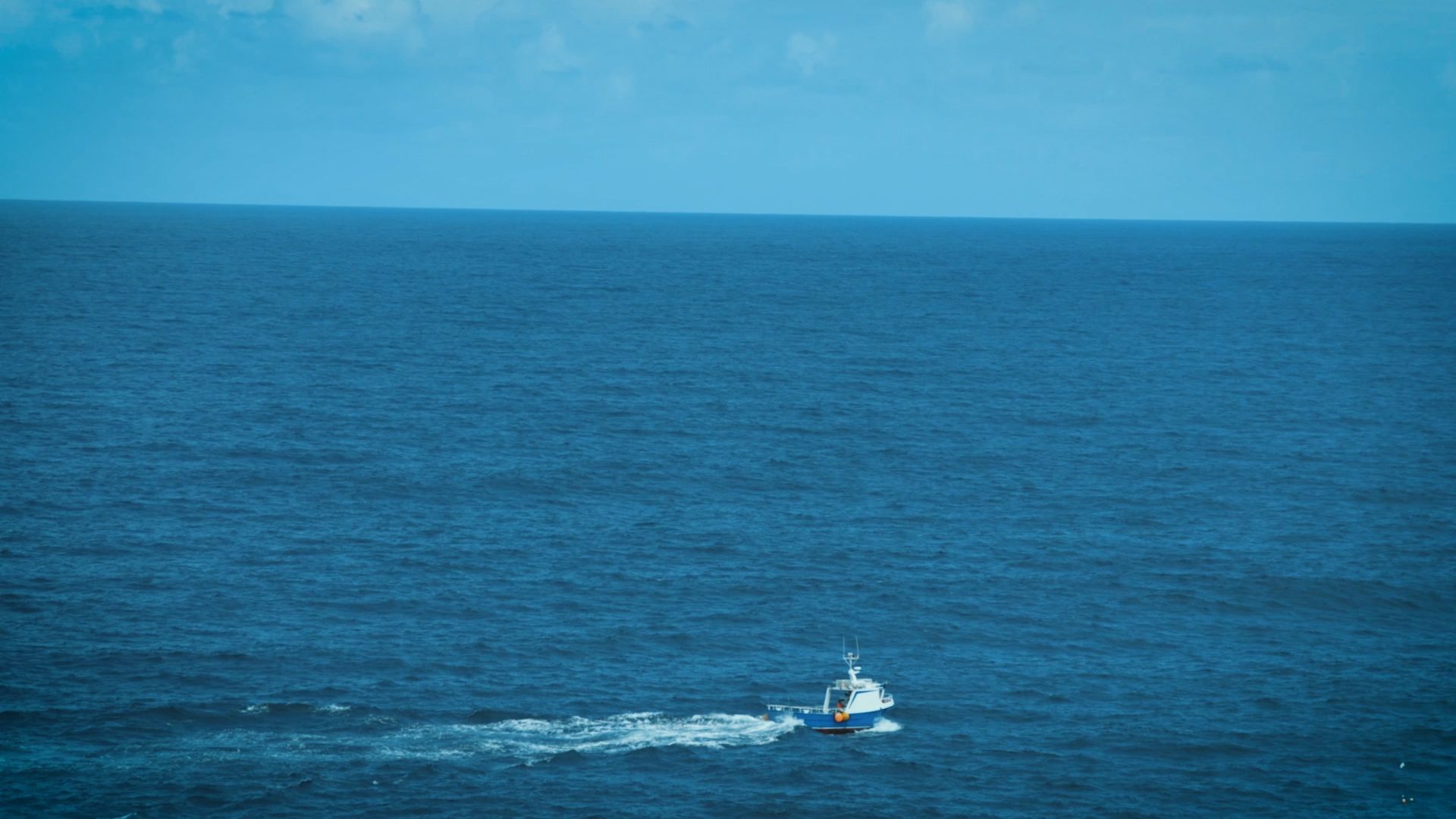
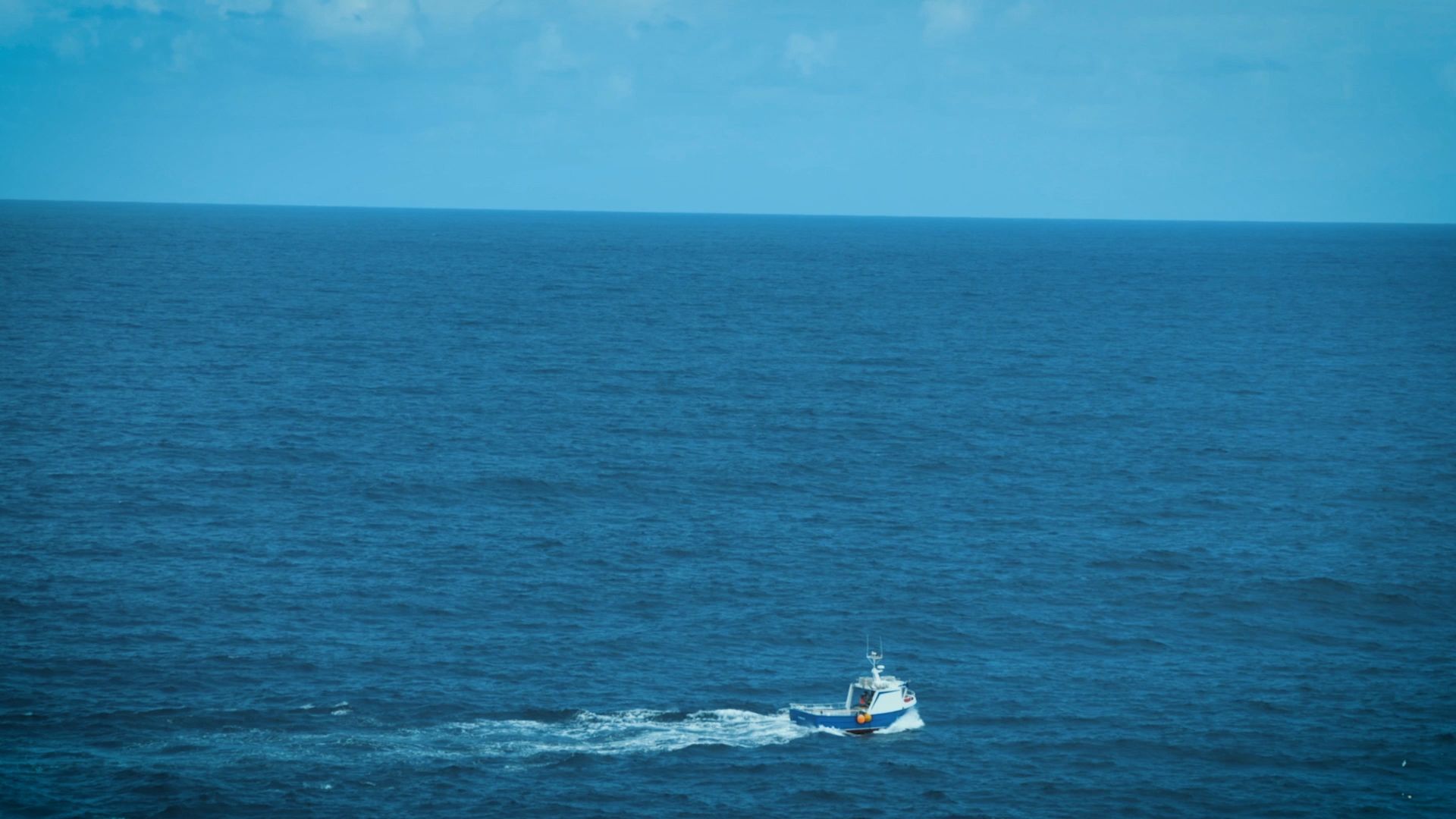
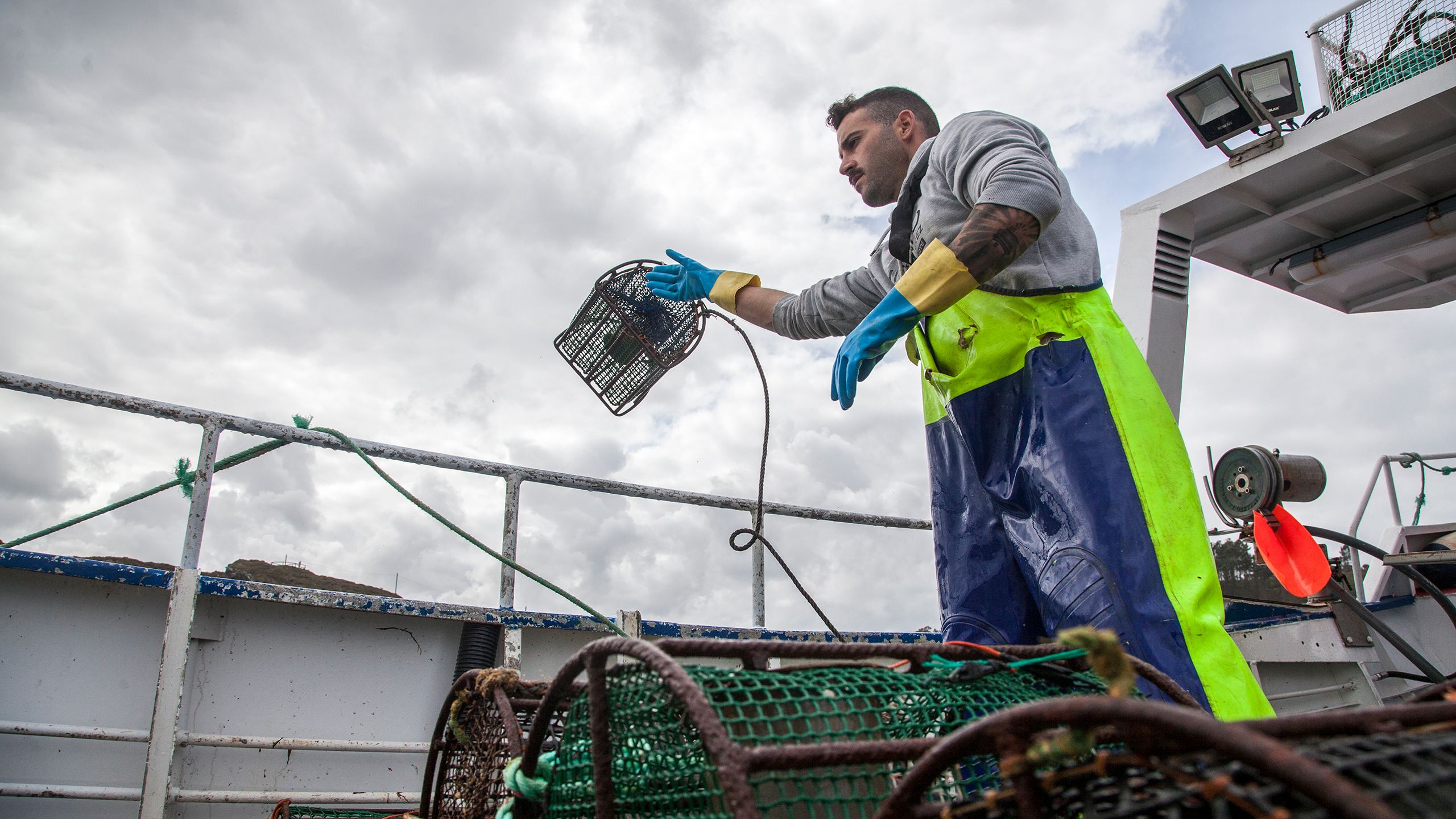
Going out on a limb


The fishery underwent a demanding MSC pre-assessment in 2014. During the year-long process, investigations found that octopus stocks were healthy and the methods used to catch them had low impact on other marine organisms. But the process also revealed that better harvest control rules and further scientific knowledge was needed at a regional government level.
Octopus stocks are difficult to assess because they are a short-lived species. This particular mollusc lives fast and dies young, perishing after sex and rarely reaching its second birthday. With new juveniles arriving each yed`ar, it becomes incredibly difficult for scientists to understand and model their population status.
But the fishers persevered. To overcome this problem, they turned to the Risk-Based Framework, an initiative to help data-limited fisheries achieve MSC certification. It wasn’t long before all the hard work paid off and certification was awarded in 2016.
The certification process led to numerous positive changes in the fishery. Scientists and fishers have worked together to uncover weaknesses in enforcement, with the regional government also improving its equipment and administration capacity too.
The four cofradías have retained their distinct identities whilst creating a complementary single entity called ARPESOS to represent the boat owners fishing octopus. In tandem with a newly formed monitoring committee, this has greatly improved decision making and empowered fishers at the local level to play a more active role in the governance of the fishery.
The economic changes have also been positive. Studies have found that the price premium for MSC-certified octopus over non-certified rivals in nearby harbours is between 15.2% and 24.6 per cent.
Certification has also allowed the fishers to access new markets in the USA, Switzerland, Denmark and Spain, with the cofradías ensuring a percentage of their catch is still sold in local markets. It has also helped them to reorganise the auction system, giving them more control over sales and stabilising prices.
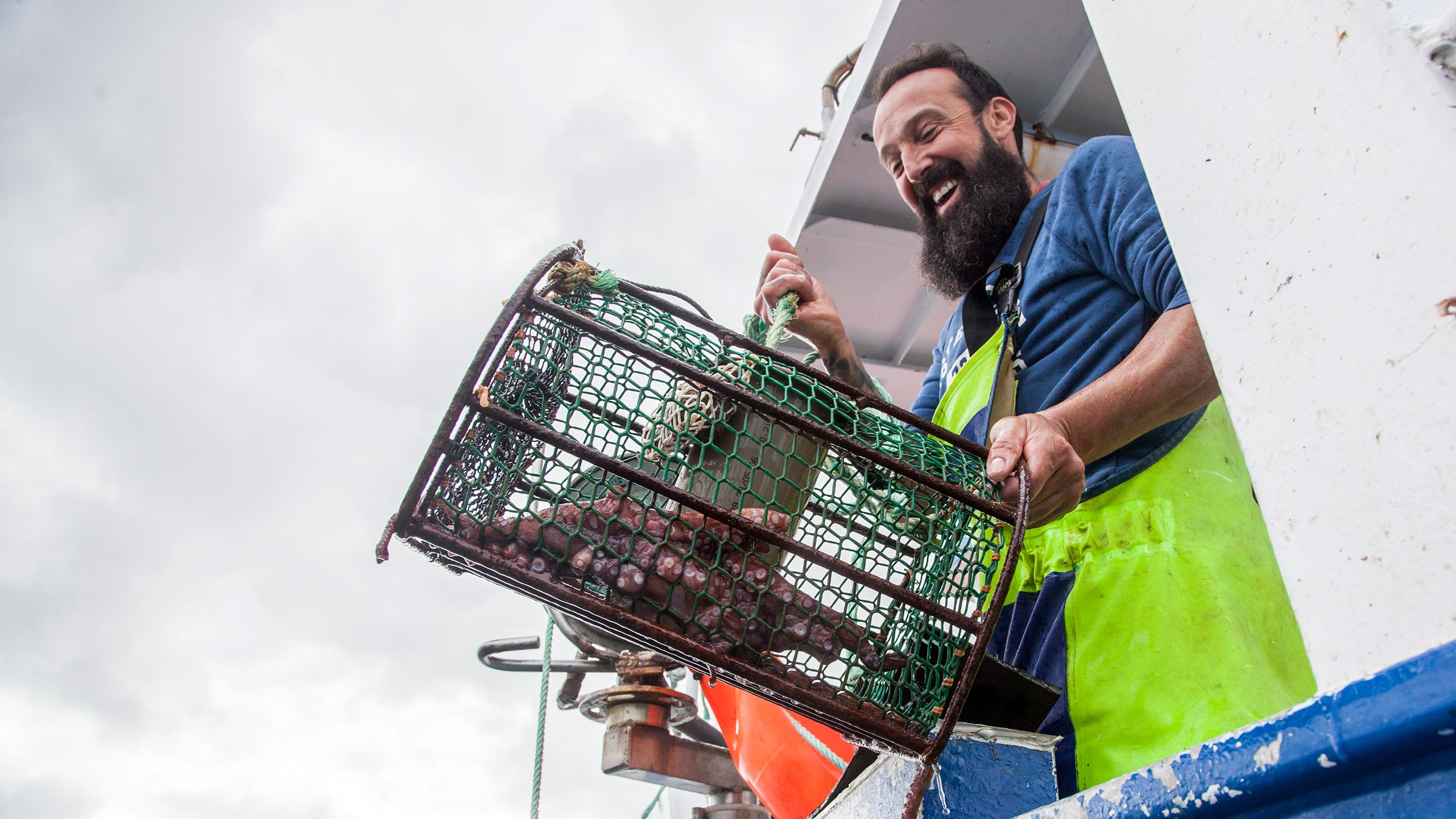
“It took a lot of hard work. There were lots of requirements, but we got it done in the end. Now we’re doing well and we’re all very happy”
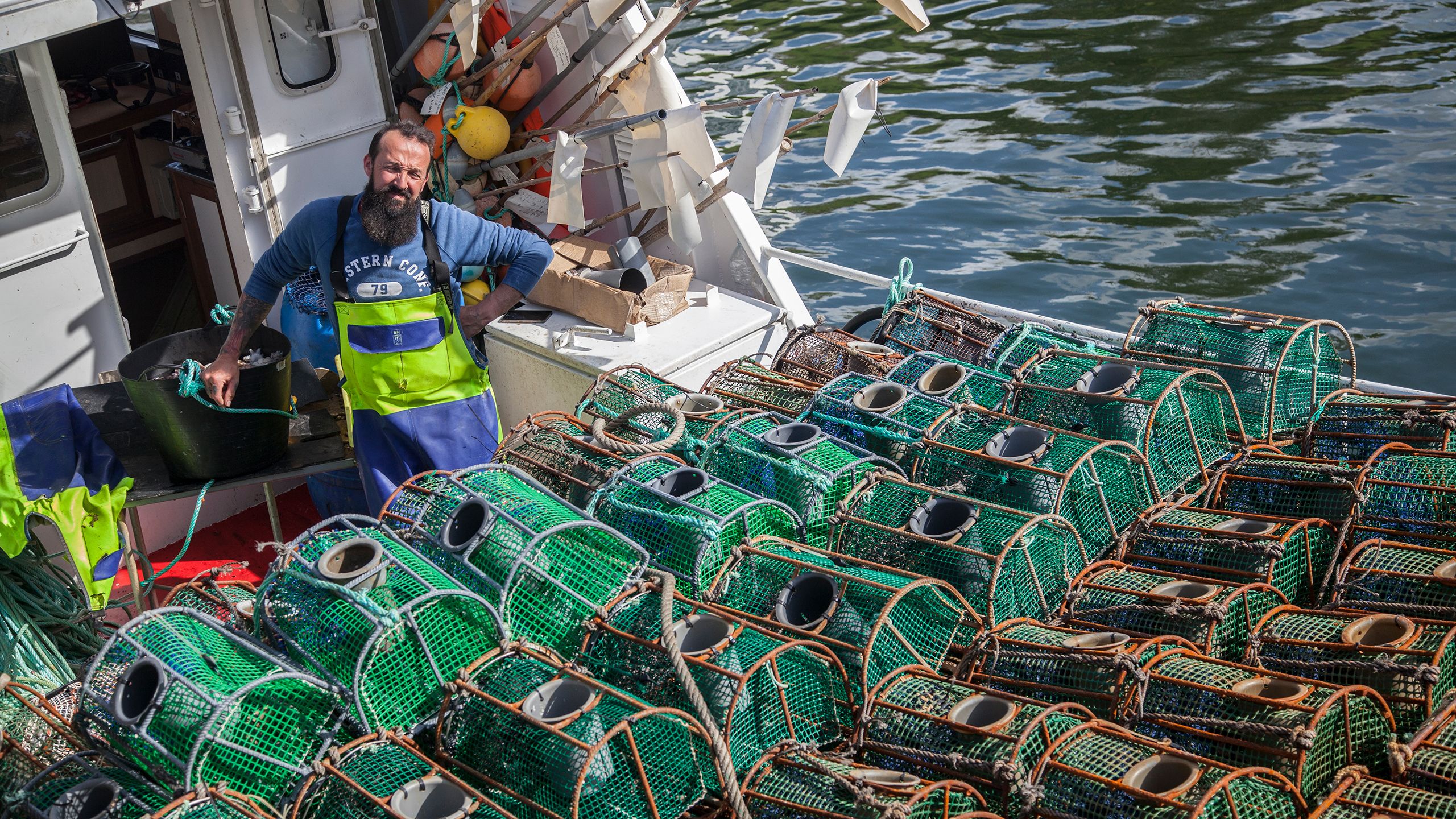
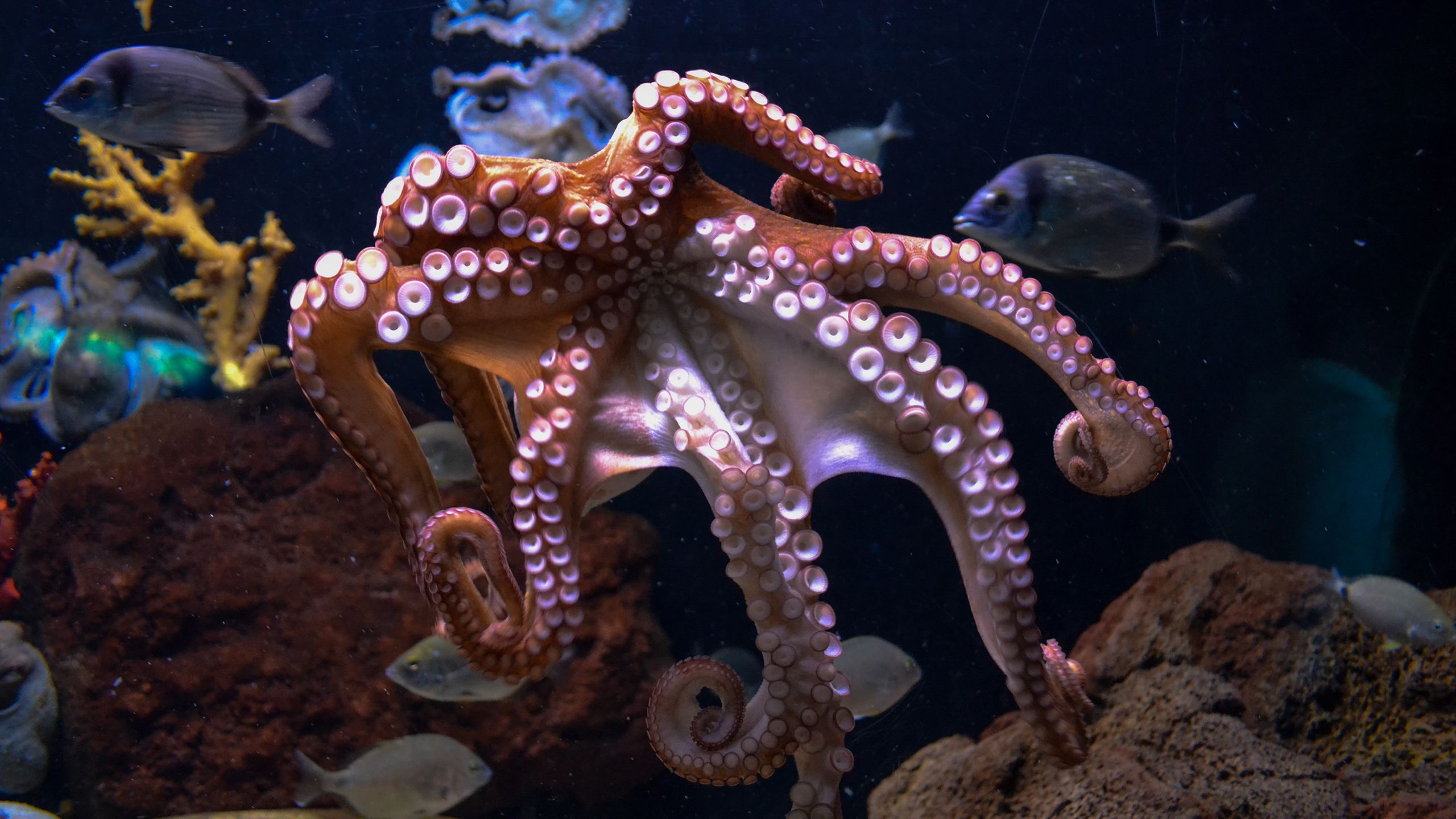
So much for the mollusca

Octopuses are extraordinary creatures capable of changing colour, texture and shape. And yes, “octopuses” really is the correct plural.
The word comes from the Greek októpus, meaning “eight foot”. Those Greek roots call for a Greek plural, in this case an -es. So no octopodes or octopussies, and certainly no octopi.
With large brains relative to their size and close to half a billion neurons, octopuses are smart, curious creatures. They can solve puzzles, remember solutions, navigate mazes and tell identically-dressed humans apart. They have distinct personalities and even develop opinions about people – both positive and negative.
But quite how smart they are is the subject of some contention. Firstly, because they don’t have a brain in the way we might think of one, but several bundles of neurons, most of which are in their arms, not their heads. And secondly, because they’re really hard to study.
Their mischievous nature has even led some to get the wrong end of the stick entirely. The Greek philosopher Aristotle was particularly critical, declaring the octopus stupid, gluttonous and slimy before dismissively concluding: “so much for the mollusca...”

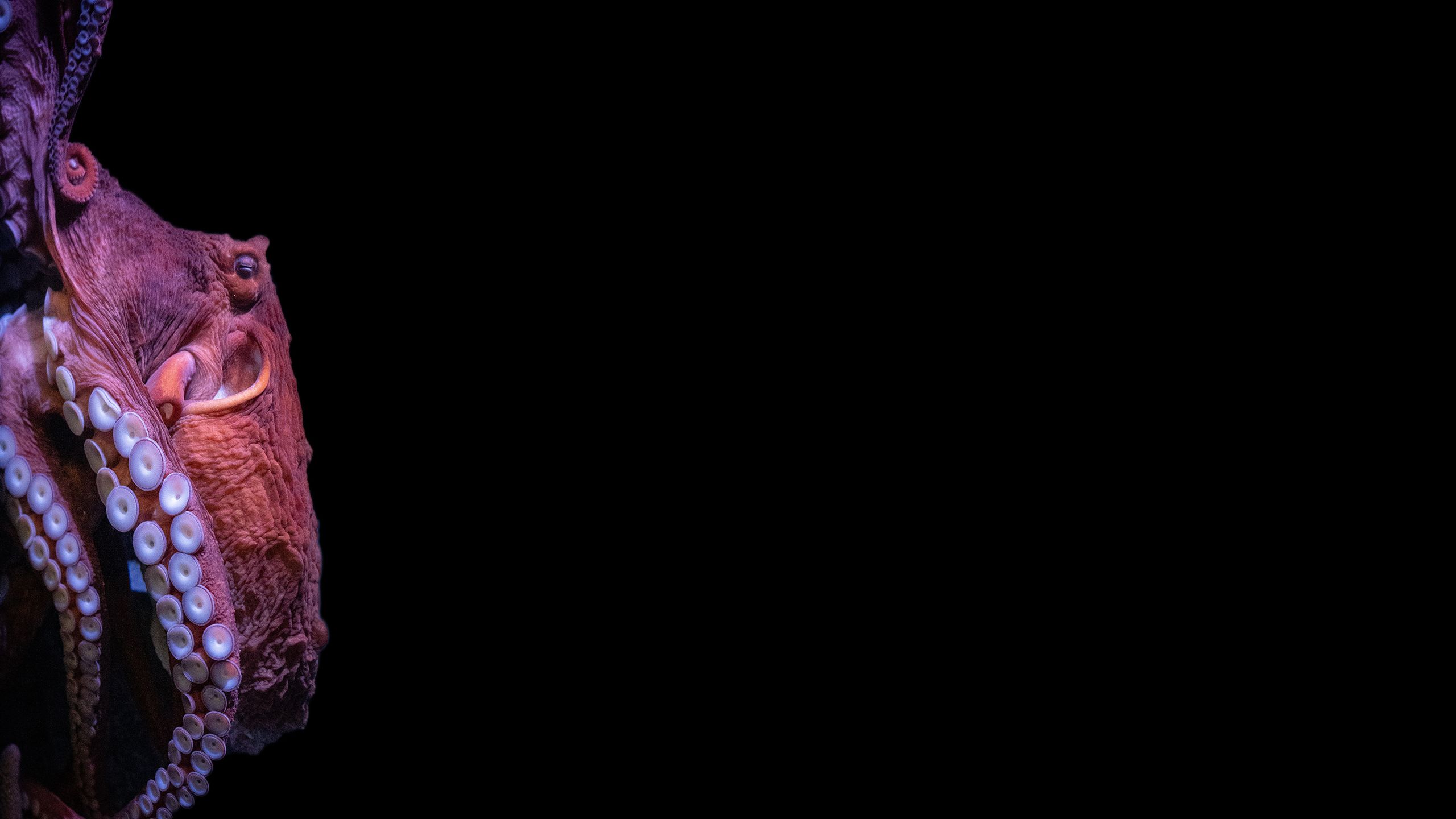
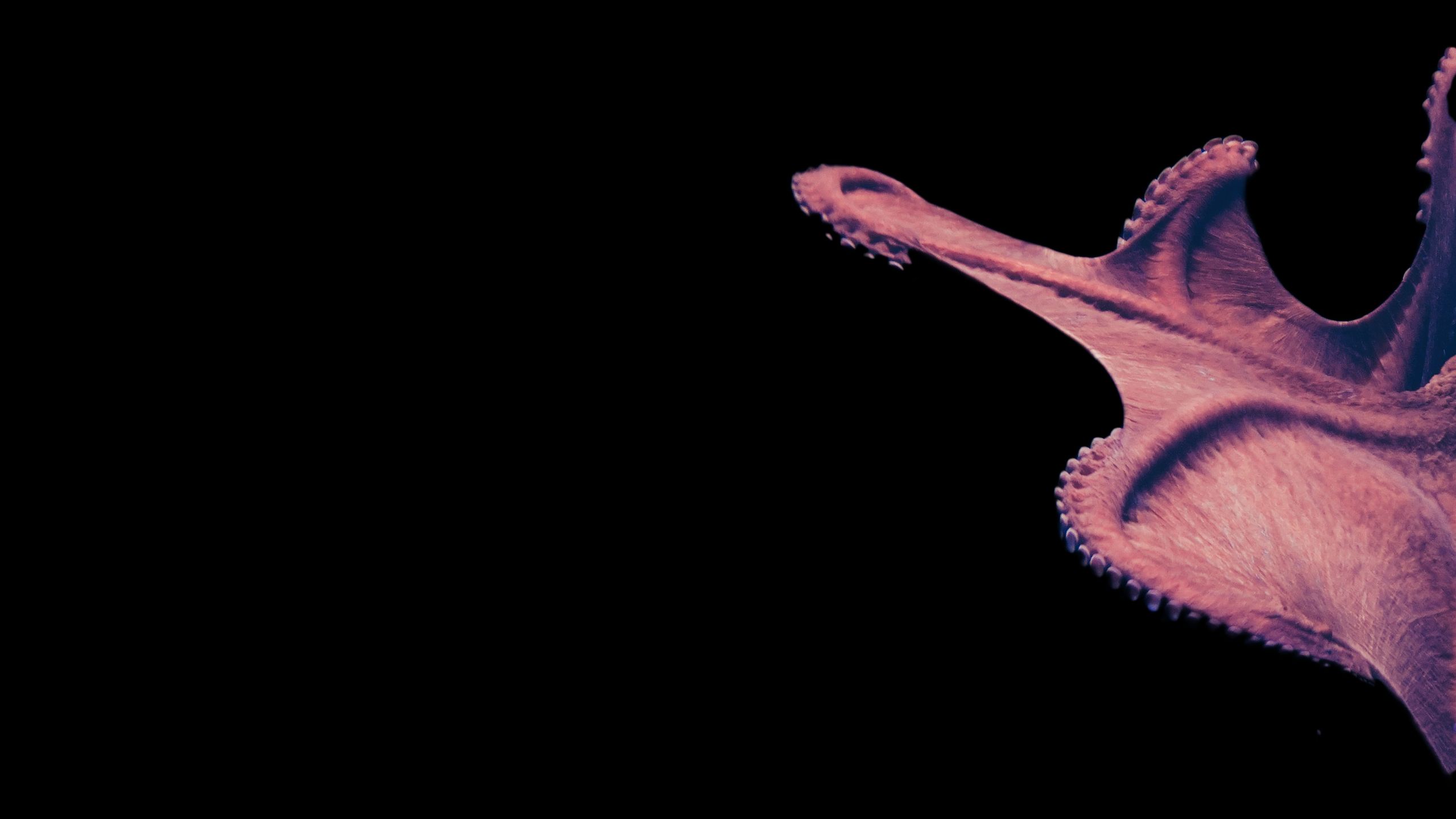

Suckers for the environment

Back on the water in Western Asturias, the fishery targeting this remarkable creature hasn’t rested on its laurels since achieving certification. They understand all too well that sustainability is a process of continuous improvement and are committed to protecting the ocean and fishing responsibly long into the future.
"We’re dedicated to the MSC. We get a better price, there’s more demand and we don’t put a strain on the octopus. Everybody wins."
"The sea is our life. If we don’t do our bit for it, what will be left for those who come after us?"
What might this “bit” look like in future? So far, the fishery is working hard to increase the number of certified boats, inviting fishers from other cofradías in Navia-Porcía to be “part of the blue label”, as Felix puts it.
With octopus fisheries from as far afield as Madagascar now embarking on sustainable journeys of their own, the key lessons of the world’s first MSC certified octopus fishery could be extremely instructive.
Ultimately, the story of the Western Asturias is one of collaboration, empowerment, cohesion and positive, sustainable change. It’s one that shows that with the right support, a small-scale fishery can have an outsized impact. And it’s one that shows the valuable work behind the MSC ecolabel, both now and in future.
